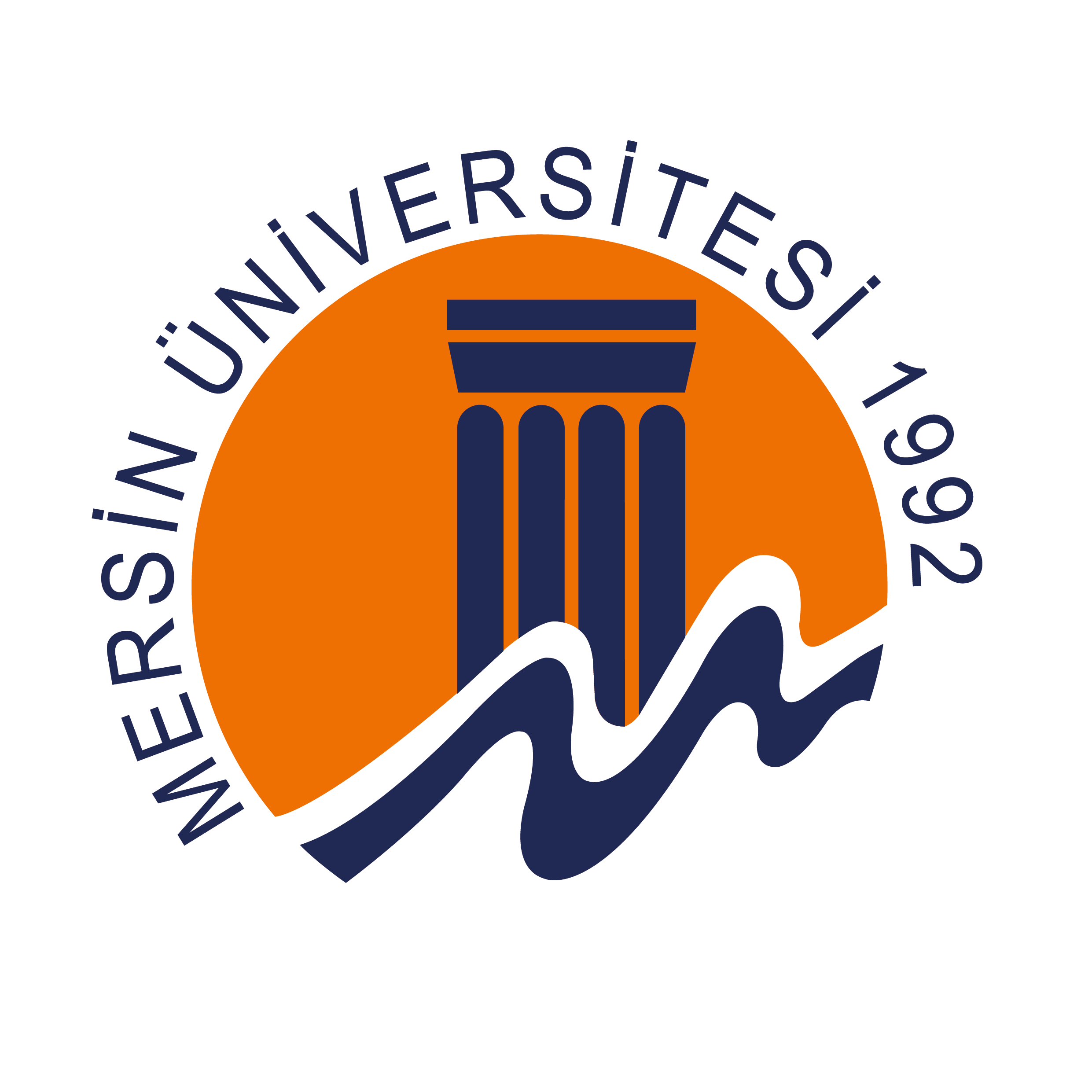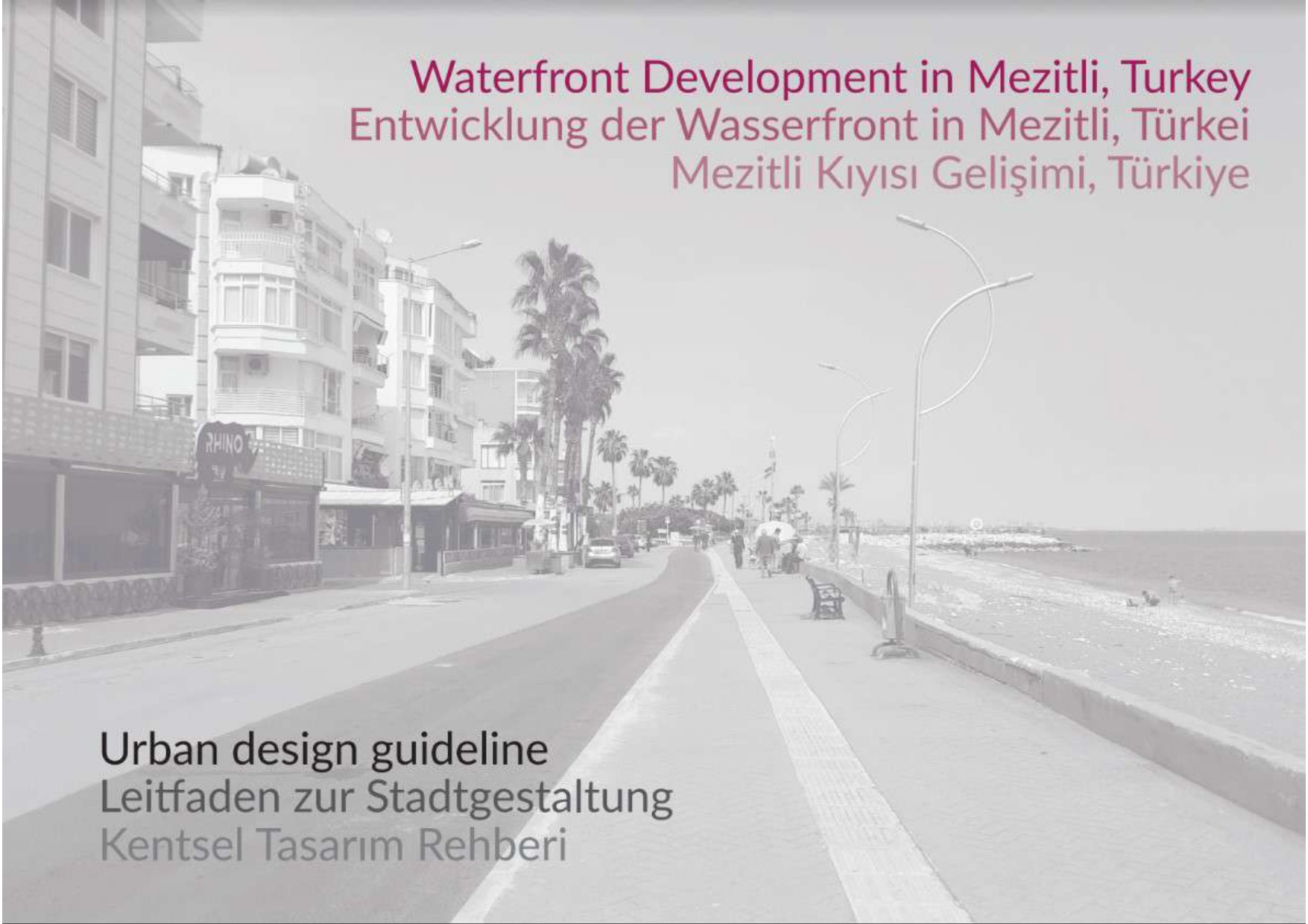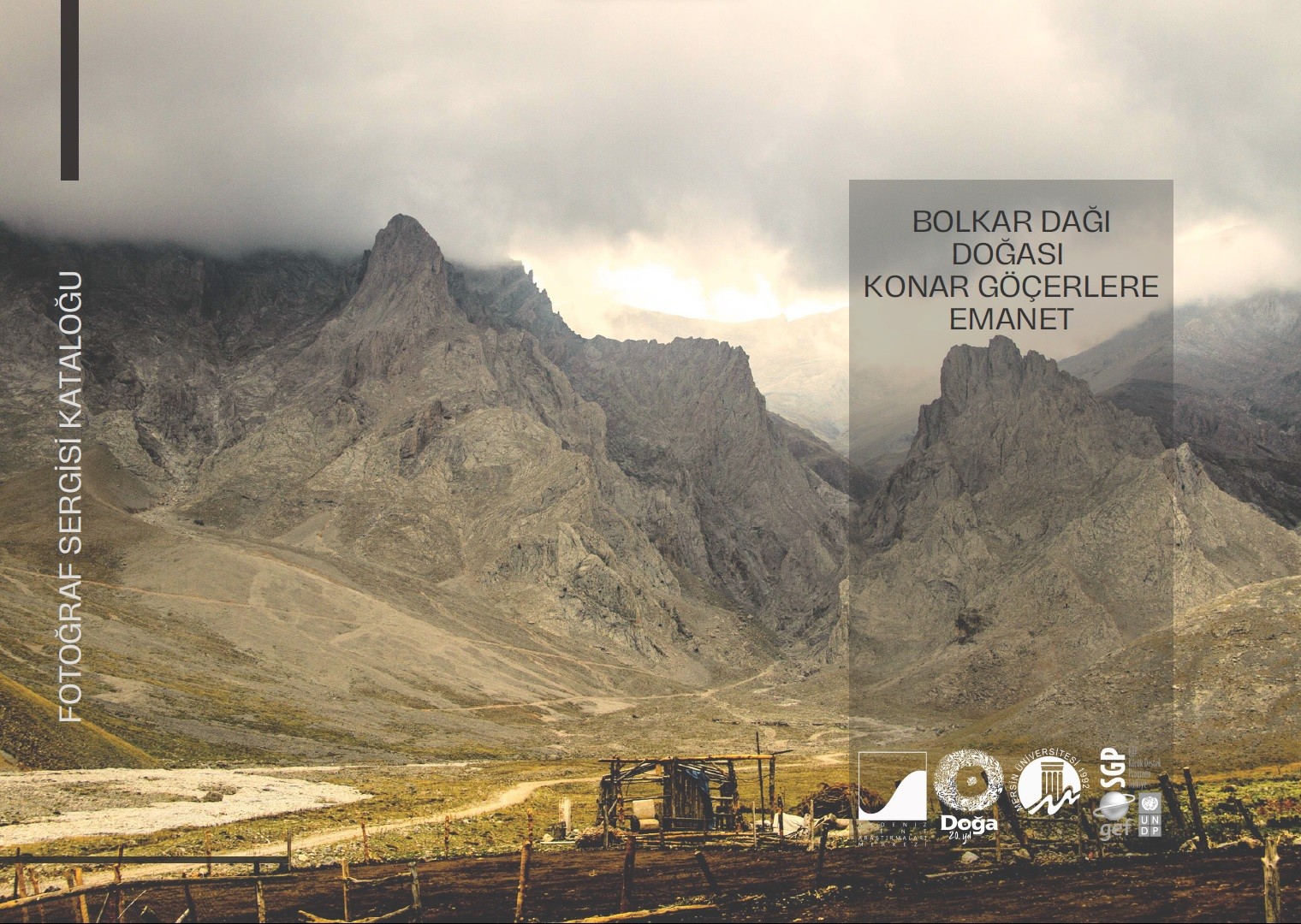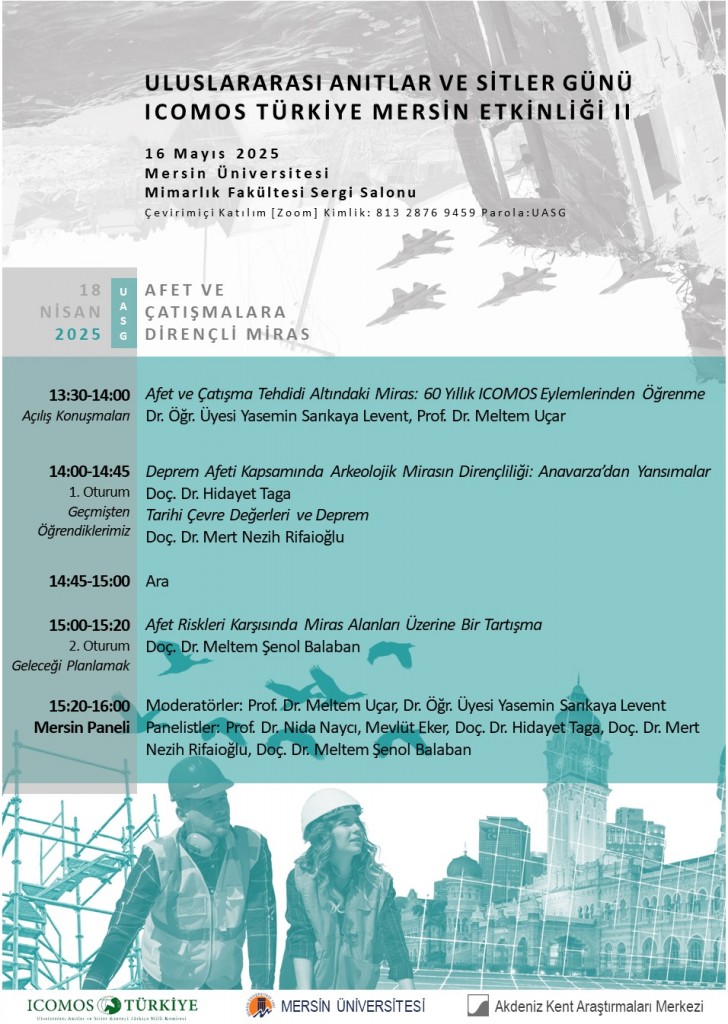Akdeniz Kent Araştırmaları Merkezi

Kültürel gelenekler çerçevesinde sosyal ve ekonomik güçler tarafından biçimlenen, pek çok bireysel ve toplumsal eylemin fiziksel (mekânsal) birikimini ifade eden kentler; dönüşüm süreçleri, kullanımların yer seçme politikaları, doğal afetler, beklenmedik topluluk hareketlerinden kaynaklanan sosyal ve kültürel değişimler gibi değişkenlere bağlı olarak dinamik bir yapıya sahiptirler.
Kent araştırmaları, şehirlerin tarihsel süreç içerisindeki gelişimini tarih, ekonomi, sosyoloji, coğrafya, siyaset bilimi, antropoloji, arkeoloji, tasarım, mimarlık ve planlama gibi farklı disiplinlerin ortaya koyduğu teorik ve metodolojik yöntemler çerçevesinde ele alan, kapsamı oldukça geniş bir araştırma alanıdır. Bu bağlamda kent araştırmaları merkezleri; kentleri konu alan pek çok farklı konuda yapılabilecek araştırmada disiplinler arası bir zemin oluşturarak kente dair bilginin toplanmasına, üretilmesine, depolanmasına ve sentezlenerek yeniden kullanılmasına olanak sağlayan kurumsal yapılardır.
Akdeniz Kent Araştırmaları Merkezi, 30 Temmuz 2000 tarihinde, başta Akdeniz coğrafyası olmak üzere ulusal ve uluslararası düzeyde bilimsel araştırma projeleri geliştirmek; etkinlik, sergi, bilimsel toplantı ve yayınlar aracılığıyla kentsel/çevresel konularda inceleme ve araştırmalarla bilgi ve belge birikimini sağlamak; kurum ve kuruluşlar ile işbirliği yaparak kentsel sorunların çözümüne yönelik yöntemler geliştirmek amacıyla kurulmuştur.
Merkez, amaçları doğrultusunda belirlenen faaliyet alanları:
- Akdeniz coğrafyasındaki yerleşimler başta olmak üzere, mekânsal gelişme, planlama, kentsel tasarım, kentsel morfoloji ve kent tarihi alanlarında araştırmalar yapmak.
- Kentsel sorunların çözümüne yönelik kavramsal düzeyde ve uygulamaya yönelik projeler, özgün yöntem ve teknikler geliştirmek.
- Yerel yönetim, ilgili kurum, kuruluş ve kişiler ile ortak çalışmalar ve işbirlikleri geliştirmek.
- Ulusal ve uluslararası düzeyde araştırma merkezleri ile bilimsel toplantılar düzenlemek ve yayın yapmak.



